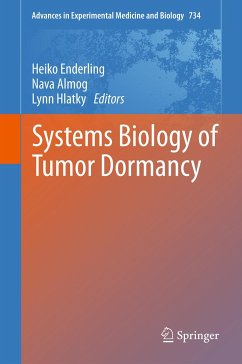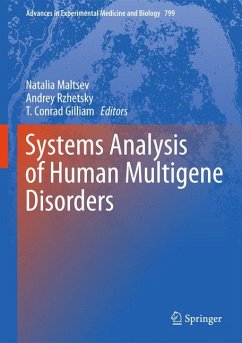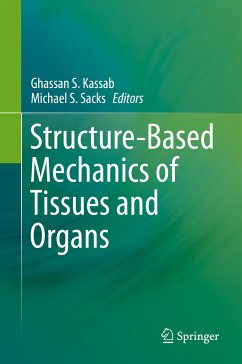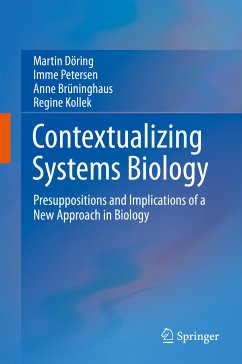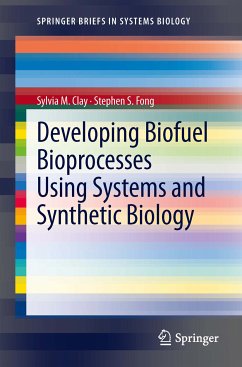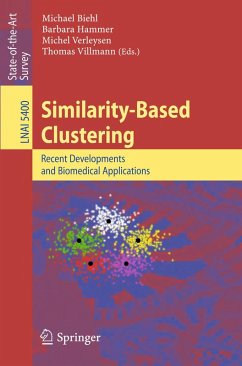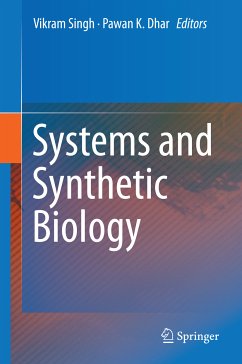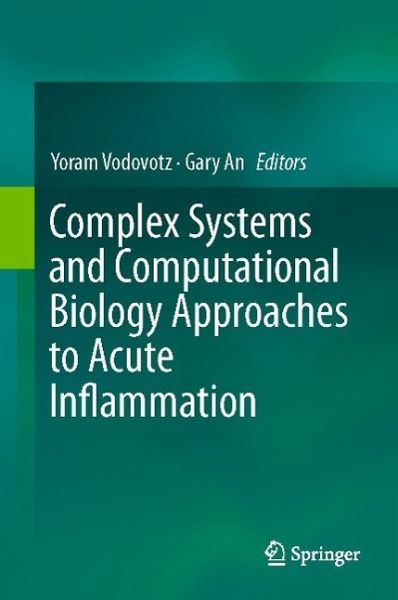
Complex Systems and Computational Biology Approaches to Acute Inflammation (eBook, PDF)
Versandkostenfrei!
Sofort per Download lieferbar
112,95 €
inkl. MwSt.
Weitere Ausgaben:

PAYBACK Punkte
56 °P sammeln!
The difficulty in achieving effective translation of basic mechanistic biomedical knowledge into effective therapeutics, is the greatest challenge in biomedical research. Nowhere is this more apparent than in the reductionist approaches to understanding and manipulating the acute inflammatory response in the settings of sepsis, trauma/hemorrhage, wound healing, and related processes. This book discusses complex systems and computational biology methods and approaches that have advanced sufficiently to allow for knowledge generation, knowledge integration, and clinical translation in the settin...
The difficulty in achieving effective translation of basic mechanistic biomedical knowledge into effective therapeutics, is the greatest challenge in biomedical research. Nowhere is this more apparent than in the reductionist approaches to understanding and manipulating the acute inflammatory response in the settings of sepsis, trauma/hemorrhage, wound healing, and related processes. This book discusses complex systems and computational biology methods and approaches that have advanced sufficiently to allow for knowledge generation, knowledge integration, and clinical translation in the settings of complex diseases related to the inflammatory response. Well-regulated, self-resolving inflammation is necessary for the appropriate communication and resolution of infection and trauma, and for maintenance of proper physiology and homeostasis. In contrast, self-sustaining inflammation drives the pathobiology of the aforementioned diseases. It is now increasingly recognized that controlling and reprogramming inflammation in order to reap the benefits of this evolutionarily-conserved process is preferred to simply abolishing indiscriminately.
Dieser Download kann aus rechtlichen Gründen nur mit Rechnungsadresse in A, B, BG, CY, CZ, D, DK, EW, E, FIN, F, GR, HR, H, IRL, I, LT, L, LR, M, NL, PL, P, R, S, SLO, SK ausgeliefert werden.




